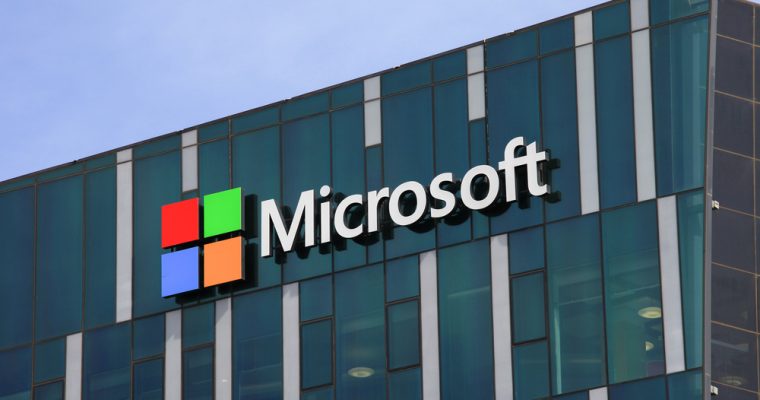Microsoft’s cloud platform Azure has introduced a proof-of-authority (PoA) algorithm onto its own Ethereum (ETH) blockchain merchandise. As found on the official Azure blog, it was made official on August 7.
The newest Ethereum system algorithm will allegedly allow a “More Effective” method of building decentralized software (DApps) for personal or consortium systems, in which “All consensus participants are trusted and known.”
Compared to proof-of-work (PoW), the present protocol on Azure, a PoA algorithm will be established about the principle of accepted identities or validators on a blockchain, and doesn’t call for competition in completing the transactions.
The newest Ethereum product on Azure has lots of qualities to make sure its proper operation and safety, like an identity leasing platform, Parity’s web-assembly service, Azure Monitor, along with a Governance DApp.
The identification leasing system plans to make sure that while every member owns “Redundant consensus structures,” no two nodes may carry the exact same identity. The machine also offers identity protection in the event of virtual machine (VM) or outage, hence the brand new nodes can actually spin up and restart the prior nodes’ identities
Parity’s web-assembly service intends to simplify the procedure for creating intelligent contracts, allowing customers to compose them in languages which are more recognizable than the current Solidity programming language on the ETH blockchain. The site article notes that programmers will then have the ability to compose DApps in these languages as C, C++, and Rust.
The Governance DApp alternative plans to reevaluate voting and validator delegation from the procedure for involvement in a consortium. By enabling this feature, the programmers provide customers with a degree of abstraction, which makes it possible for developers to conceal all the pertinent data about an item so as to reduce sophistication and enhance efficacy.
The Governance DApp will even guarantee that each consortium member has control over her or his own keys, allowing for completely protected signing on an individual’s selected wallet, the site post writes.
Microsoft first declared the initiation of the Ethereum-based Azure cloud computing system in late 2015. Launched in 2010, Azure supplies a worldwide community of Microsoft-managed info centers such as developing, testing, deploying, and managing software and solutions.
Earlier in June, the R3 blockchain consortium declared that the company jointly with 39 international financial firms had successfully tested its own know your client (KYC) program, conducting a total of 45 nodes on Microsoft Azure.






